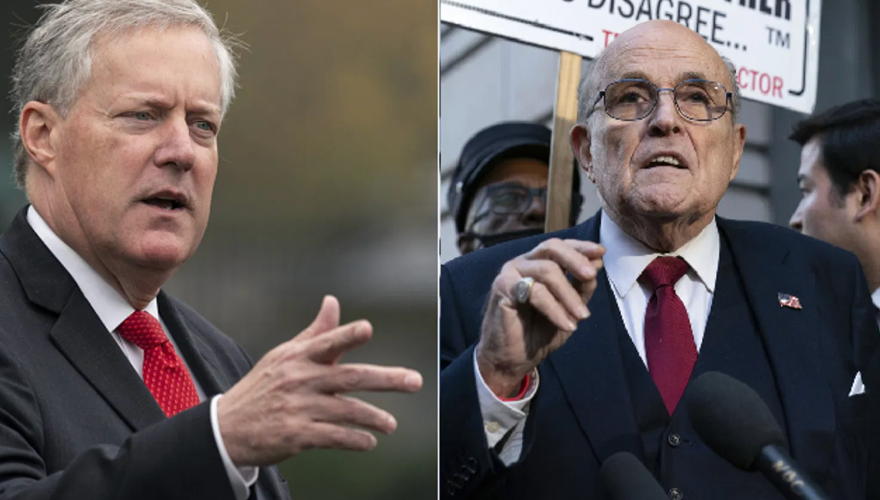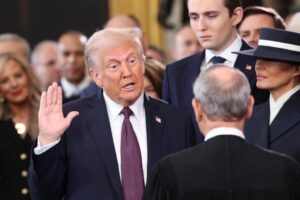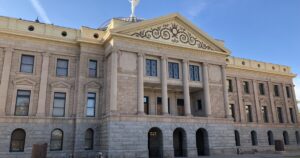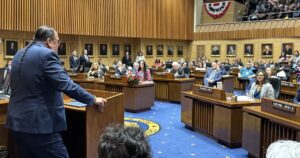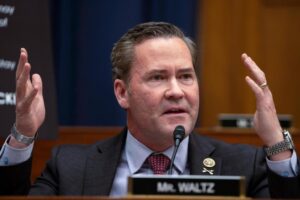State-Level Legal Troubles Persist for Trump Allies Amid Presidential Immunity
As Donald Trump resumes his role in the White House, he enjoys immunity from federal charges related to attempts to overturn the 2020 election. However, this immunity does not extend to his associates, who continue to face legal challenges at the state level. The Justice Department under Trump’s administration cannot intervene in these state prosecutions, nor can presidential pardons be issued to protect his colleagues.
Prosecutors in Georgia, Michigan, Arizona, Wisconsin, and Nevada are actively pursuing cases against several individuals accused of participating in the “fake electors” scheme. This scheme involved the false certification of alternate electors in key states that Trump lost. More details on the scheme can be found here.
Ongoing State Prosecutions
Legal actions are underway in Georgia, Michigan, Arizona, and Wisconsin, involving 45 Trump allies. Additional charges are expected in Nevada for six defendants after a previous case was dismissed. High-profile figures, including former White House Chief of Staff Mark Meadows, Trump’s attorney Rudy Giuliani, and advisor Boris Epshteyn, are among those facing charges.

(AP Photos/Alex Brandon | Jose Luis Magana, File)
Nevada Attorney General Aaron Ford remains committed to pursuing charges against the state’s fake electors, emphasizing, “I make decisions based on the rule of law.” Although Trump’s federal charges were dismissed, and state prosecutors in Georgia seem unlikely to pursue him while he is in office, his co-defendants remain at risk.
Legal Challenges and Delays
State-level cases against Trump’s allies face numerous delays and complex legal questions. In Michigan, Attorney General Dana Nessel was the first to file charges, but pretrial hearings have slowed the case’s progress, with a trial decision unlikely before 2024. In Arizona, the trial is scheduled for 2026, but uncertainty looms after the presiding judge recused himself over impartiality concerns. In Nevada, Attorney General Ford plans to refile charges in a new jurisdiction following a dismissal on procedural grounds.
The Impact of Trump’s Presidency
Trump’s re-election has introduced complications for state-level prosecutions. While he benefits from federal immunity, this protection does not extend to his co-defendants. Legal experts highlight the unprecedented nature of a situation where a sitting president’s actions are linked to charges against others still facing prosecution. More insights are available here.
In Georgia, prosecutors might separate Trump’s case from his co-defendants, allowing legal proceedings to continue against them. Key figures like Giuliani and Meadows face intensified scrutiny, especially if Trump’s case is severed, potentially increasing the focus on Giuliani as a primary target.

